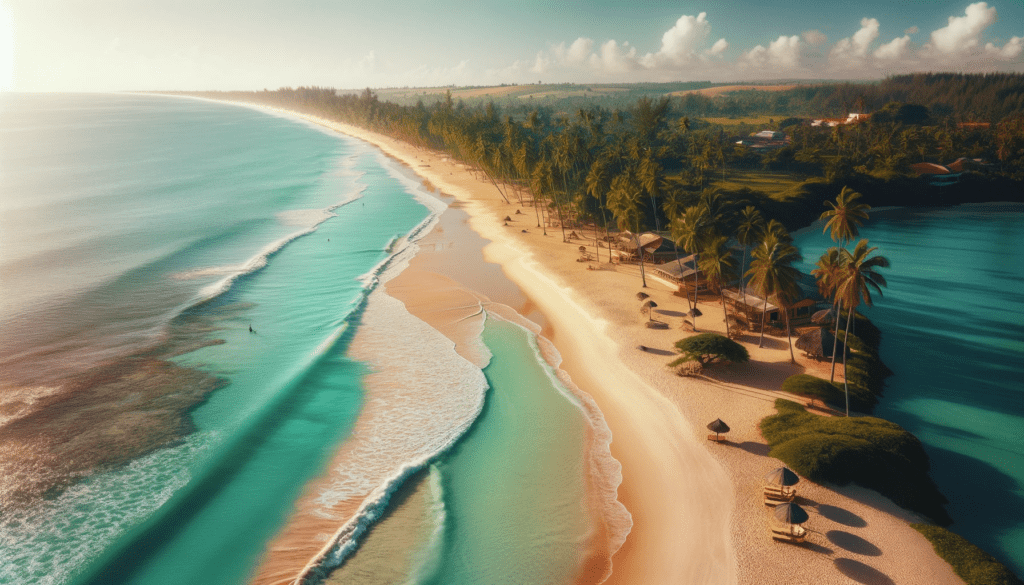Mozambique is a country with a rich history, diverse cultural heritage, and significant potential for growth. It continues to face various development challenges but remains a nation with abundant natural resources, vibrant traditions, and a resilient spirit.
List of National and Public Holidays in Mozambique for the year 2024
- New Year’s Day: Monday, 1 January 2024
- Heroes’ Day: Saturday, 3 February 2024
- Women’s Day: Sunday, 7 April 2024
- Women’s Day Holiday: Monday, 8 April 2024
- 2. Workers’ Day: Wednesday, 1 May 2024
- Independence Day: Tuesday, 25 June 2024
- Lusaka Peace Agreement Day: Saturday, 7 September 2024
- Armed Forces Day: Wednesday, 25 September 2024
- Peace and National Reconciliation Day: Friday, 4 October 2024
- Family Day: Wednesday, 25 December 2024

History
- Early History and Trade: Mozambique’s coast has been a hub for trade between Africa and the Arab world since ancient times, especially in gold, ivory, and slaves.
- Colonial Era: Became a Portuguese colony in the 16th century. The colonial period was marked by exploitation and resistance.
- Struggle for Independence: Fought for and achieved independence from Portugal in 1975 under the leadership of FRELIMO (Front for the Liberation of Mozambique).
- Civil War: Post-independence, Mozambique endured a prolonged and devastating civil war from 1977 to 1992.
Geography
- Location: Located in Southeast Africa, bordered by Tanzania, Malawi, Zambia, Zimbabwe, South Africa, and Eswatini, with a coastline along the Indian Ocean.
- Terrain and Climate: Features diverse landscapes including long beaches, savannas, and mountain ranges. The Zambezi River divides the country into northern and southern regions.
- Natural Resources: Rich in natural resources like coal, natural gas, titanium, and tantalite.
Culture
- Ethnic and Cultural Diversity: Home to various ethnic groups, each with distinct languages and traditions. The Makhuwa and Tsonga are among the largest ethnic groups.
- Arts and Music: Known for its traditional music and dance forms like Marrabenta, as well as unique art forms like Makonde carving.
- Cuisine: Influenced by Portuguese flavors, Mozambican cuisine features seafood, corn porridge (Xima), and the use of spices like piri-piri.
Economy
- Agriculture: Agriculture is a key sector, with a majority of the population engaged in subsistence farming. Major crops include cassava, corn, and cotton.
- Natural Resources and Mining: Significant investment in mining, particularly coal and natural gas extraction.
- Challenges and Development: Economic challenges include poverty, infrastructure development, and dependence on foreign aid.
Society
- Population: A multi-ethnic population with over 40 different ethnic groups. Portuguese is the official language, with several indigenous languages widely spoken.
- Education and Healthcare: Efforts are ongoing to improve access to education and healthcare, though challenges like resource limitations and accessibility persist.
Environmental Concerns
- Biodiversity and Conservation: Rich in biodiversity, with several national parks and conservation areas like Gorongosa National Park.
- Environmental Challenges: Issues include deforestation, illegal wildlife trade, and the impact of climate change, particularly cyclones and flooding.
Government and Politics
- Political Structure: A multi-party democracy with a president as the head of state. FRELIMO has been the dominant party since independence.
- Recent Developments: Ongoing efforts to maintain political stability and address governance issues, including corruption and economic reforms.

Tourismin Mozambique
- Tourist Attractions: Offers diverse attractions, including beautiful beaches like Tofo Beach, historic sites like Ilha de Moçambique (a UNESCO World Heritage Site), and wildlife safaris.
- Eco-Tourism and Adventure: Opportunities for eco-tourism, scuba diving, and exploring the country’s rich marine life.
C

